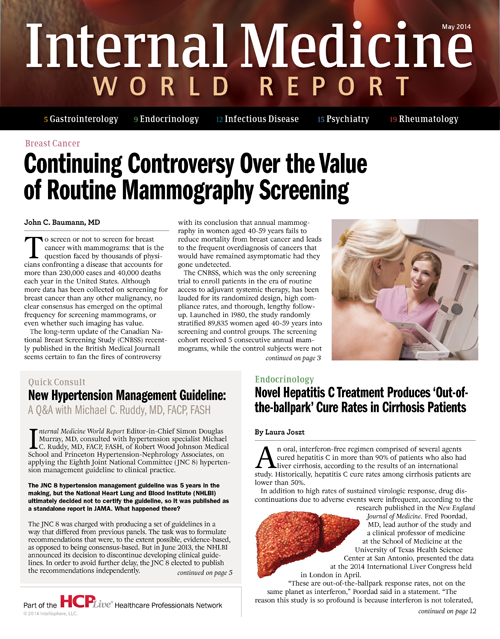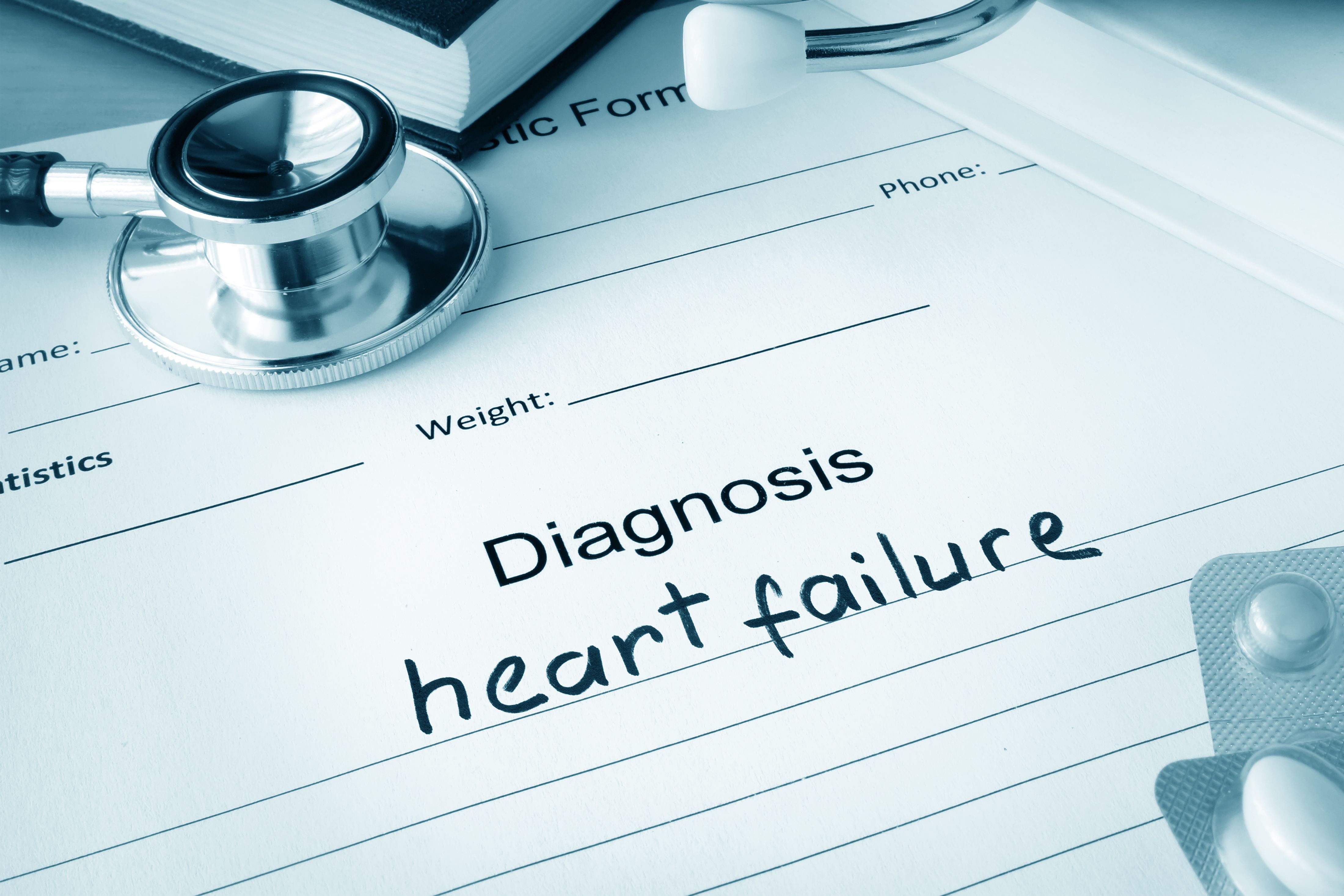Publication
Article
Internal Medicine World Report
Why Vitamins and Supplements Remain Popular Despite Botched Health Claims
Author(s):
Patients find it very attractive to self-select a variety of vitamins and supplements that promise to improve their immune system and combat obesity without any dangers or dependence on healthcare professionals, but these claims are just not true.

Simon Douglas Murray, MD
Editor-in-Chief
Joining a number of studies that failed to demonstrate benefit for popular vitamins and supplements, a recent article reported glucosamine sulfate is no more effective than placebo in reducing inflammation and pain, repairing cartilage, or reversing the effects of osteoarthritis.
Glucosamine sulfate is just one of a handful of supplements Americans consume on a daily basis. Taken altogether, the sales of fish oil, black cohosh, vitamin D, calcium, echinacea, and glucosamine sulfate total nearly $40 billion, and at least one-third of the population takes a multivitamin on a regular basis, despite the fact that 3 recent international studies failed to demonstrate it prevents cancer, reduces cardiovascular disease (CVD) risk, or improves health. Other recent trials have shown large doses of vitamin D may be harmful to some people, while calcium supplementation may increase the risk of heart disease.
Similar to food and food additive manufacturers, supplement makers are required to accurately list their ingredients and ensure all side effects are reported to the US Food and Drug Administration (FDA). However, supplement manufacturers are not required to prove the efficacy or safety of their products; in fact, the FDA must demonstrate that a vitamin or supplement is harmful before it can be pulled from the market.
Unlike pharmaceuticals, supplements are not required to undergo standardization, a process that ensures each dose of a medicine contains exactly the same ingredients at exactly the same strength as any other dose. While it is up to the supplement manufacturers to provide some quality control, they are not required to verify it.
Although supplement makers cannot make specific health claims, they can assert that their products treat specific deficiencies and affect organs and body systems in a general way. In other words, they can say their supplement “improves immune function” or is “heart friendly,” but they cannot make any specific claims about treating or curing a specific illness. In a multibillion-dollar industry that is largely self-regulating, it is easy to see why manufacturers are eager to push the limits on promoting their vitamins and supplements.
While it has been argued that the pills are generally natural, arsenic, mercury, black widow spider venom, and ebola virus are all natural, too. And although it is generally true that supplements taken in recommended doses have very few side effects, their benefits are largely inert.
On the other hand, pharmaceuticals can have serious, albeit rare, side effects. Driving a car poses a far greater risk to one’s health than taking prescribed medications, but because the benefits of driving are obvious, most people ignore that risk. However, the benefits of pharmaceuticals are less immediate and concrete, so their reported risks are unacceptable to many patients who would otherwise benefit.
Turning back to supplements, there are patients with specific nutritional deficiencies who would benefit from taking these pills, but in reality, they are the least likely to consume them. Ironically, those who are most likely to take supplements are generally well nourished and, thus, the least likely to benefit.
In light of these facts, why do supplements remain so popular? I think the main driver is patient empowerment through self-medication, as supplements restore a sense of control over one’s body by promising an easy method to achieve good health without dealing with the medical system. Having to obtain a prescription for a pharmaceutical puts patients at the mercy of a doctor’s office. Then, once they receive a prescription, patients must wait to determine whether it is actually in stock at the pharmacy and if their health insurance policy approves it. The whole process can be rather maddening, and in many cases, it must be repeated every 30-90 days.
As a result, patients find it very attractive to self-select a variety of pills that promise to reduce their risk of CVD, improve their immune system, and combat obesity without any dangers or dependence on healthcare professionals. But, again, these claims are just not true.
Simon Douglas Murray, MD
Editor-in-Chief
Simon Douglas Murray, MD, is Clinical Assistant Professor of Medicine at Robert Wood Johnson Medical School in New Brunswick, NJ, and Senior Attending in the Department of Medicine at the University Medical Center at Princeton. He has been affiliated with the MDVIP physicians network since 2006 and currently practices internal medicine in Princeton, NJ.





